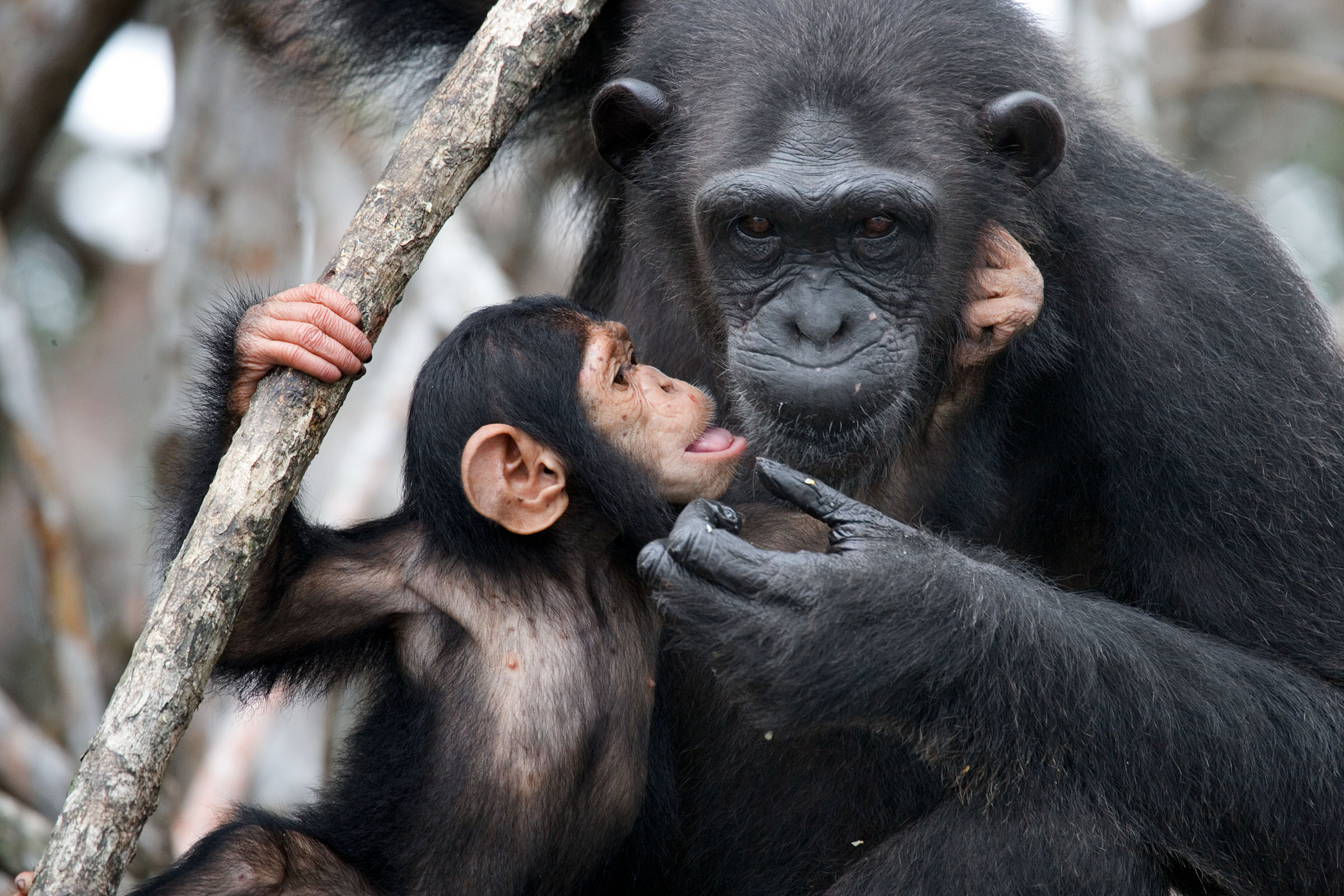Scientists recently learned that chimpanzees have their own language, allowing them to communicate in sentence-like structures. But what if we could one day walk up to animals like that and hold an actual conversation? What if you could understand your pet’s innermost thoughts? Well, it turns out that AI could be the answer, and large language models could allow AI to help us talk to animals.
The notion probably sounds like something out of a movie – and there are even movies based on humans being able to talk to animals. But, according to the Earth Species Project, large language models (or LLMs) could open new doors for how we communicate with animals around the globe.
The idea here is that as these models become more fluent and understanding of the human language, why not take that same level of understanding and use it to help decode the languages animals use, too? That would then essentially allow AI to help drive communication between humans and animals. The Earth Species Project says it hopes that using AI to talk to animals will transform our relationship with the rest of nature.

And honestly, it could, if AI is able to talk to animals successfully. Of course, that is the big if, isn’t it. Because as much as AI seems promising, there are a lot of problems with the current large language models that companies are relying on to push their AI systems. Further, some believe the future of AI isn’t even tied to these models. Instead, they believe that smaller, more robust systems are the key to pushing AI further.
Then, of course, you have all the doomsayers; the folks claiming that AI poses a threat to humanity’s existence–and it very well could, one day, according to pivotal AI experts. But the idea of using AI to talk to animals is a bit exciting, especially as humanity continues to decimate the planet’s various environments.
It seems silly to think about, but imagine a conference on global warming, where a polar bear steps up to the microphone, and is able to share its fears and feelings on how we’re treating our planet. That’s very unlikely to happen, as this kind of research will most likely just lead to synthetic creatures being created to help control and protect wildlife in different ways.
Of course, being able to speak the same language and talk to an animal with AI isn’t the same as understanding it, and this kind of research still has a long way to go before it’s anywhere near viable. But it is an interesting route to take with AI research, and could hopefully lead to some intriguing breakthroughs sometime in the future.








